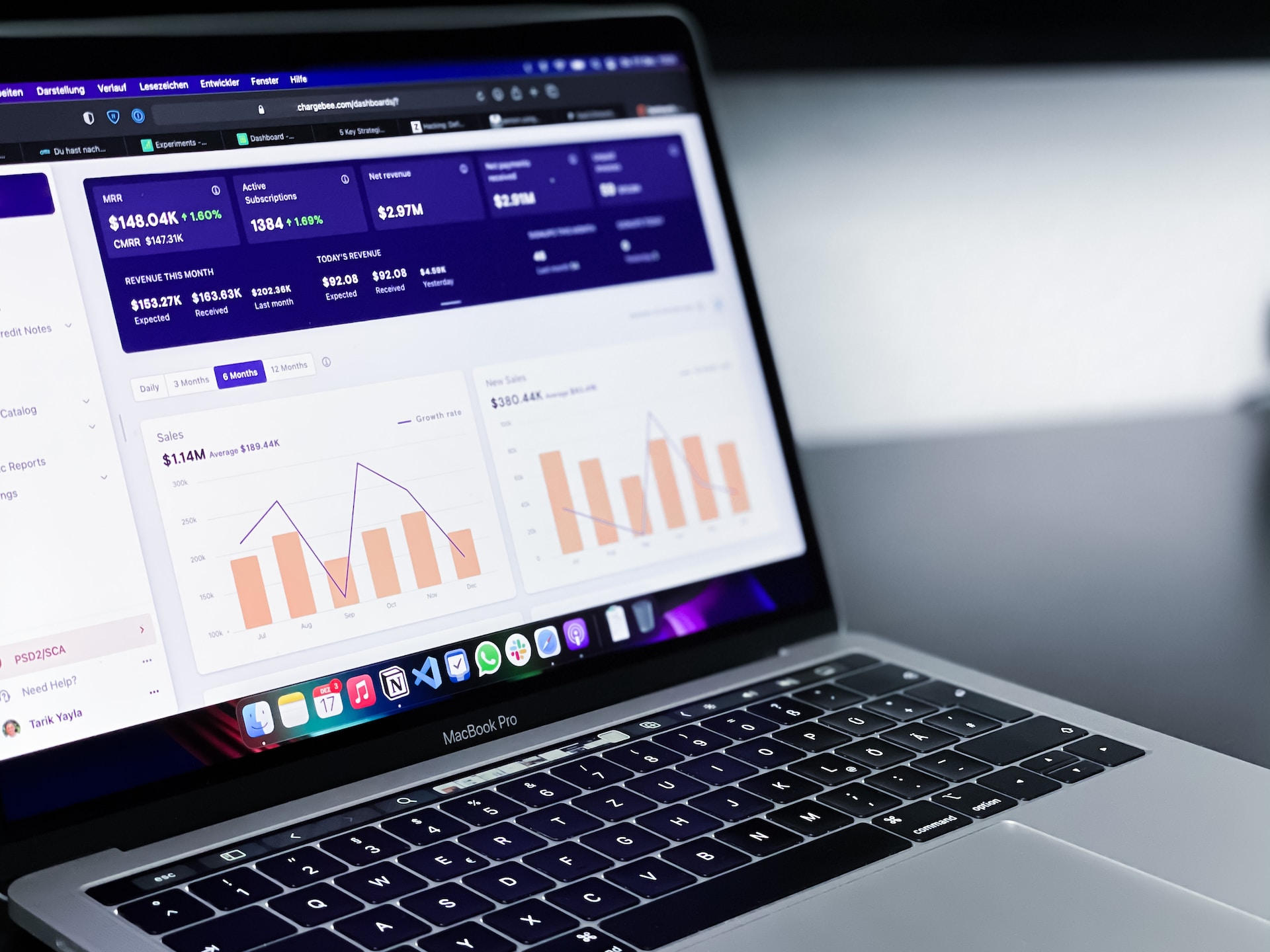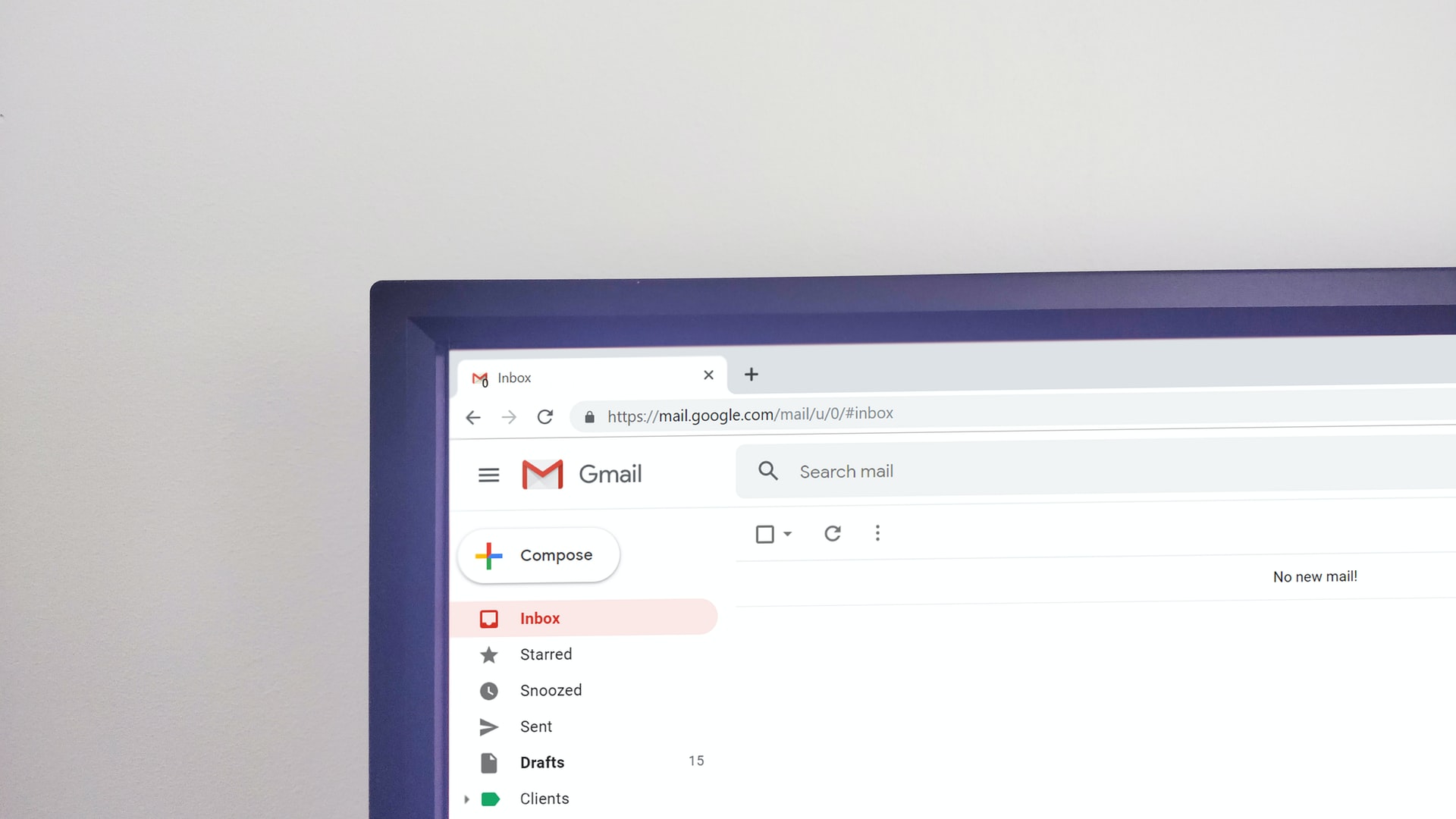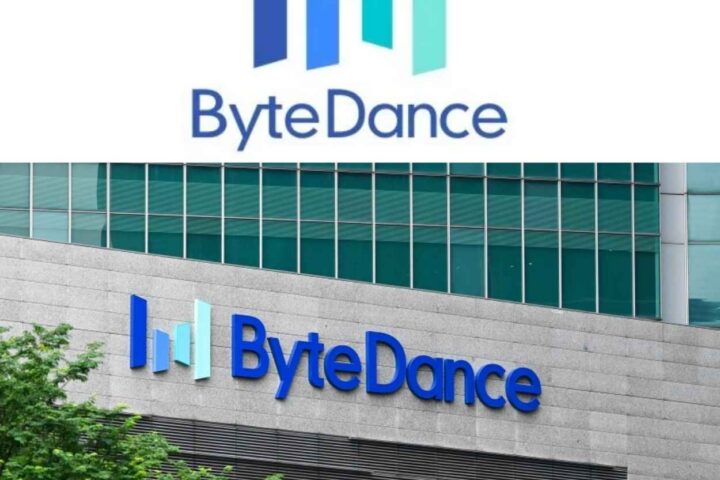Investment properties can be a good road to financial freedom. Although there are numerous properties you can purchase that will provide an income, not every property will justify its cost, no matter how small the purchase price is. In today’s world of economic volatility, it’s key to understand if your purchase is worth the money.
To ensure that your money is working for and not against you, you’ll want to find Investment Properties that provide a high ROI. New real estate investors may not fully understand the importance of their ROI and it can make or break their investment money.
What Is ROI?
ROI, or return on investment, is defined as the profitability of your investment over time and is usually expressed as a percentage. This percentage will either be a plus or a minus. An ROI that’s in the negative percentages is not what you want and is considered a loss. This calculation is based on the value of an investment versus all of its costs.
The most basic way to calculate an investment’s ROI is to use the following formula:
- ROI = Annual returns/Cost of the investment
Simply put, a higher ROI means higher profit. However, several factors can impact your return on investment.
Key Factors Which Impact the ROI of an Investment Property
It’s key to remember that not all investment properties will result in an immediate profit. In fact, many can be in the negative for a while until they’ve recouped the cost of one-time major expenses such as upgrades or repairs. Also to be taken into consideration is the time it takes to find a tenant or tenants.
Over time, an investment property’s ROI can go up, and it can go down. It is not written in stone that things won’t change just because the property’s project was successful early on and is operating with a high ROI. Several factors can cause a project’s ROI to fluctuate year by year.
Repairs or Upgrades
Whether expected when you’ve made the purchase or unexpectedly later down the line, necessary repairs or upgrades can seriously affect the ROI of an investment property. Costly repairs can hit your bottom line but are unavoidable. However, property upgrades and improvements can increase the property’s value.
Upgrading a property with energy-efficient components can help to increase its ROI by leveraging the advantages of tax credits, thus lowering the property’s overall taxes.
Rental Income and Occupancy Rate
Setting your rental price significantly impacts the ROI of the property. But it can be a double-edged sword. Setting monthly rent low could help to increase occupancy rates, but you could also be leaving money on the table. However, speaking in broad terms, you want to ensure that you do have tenants, so setting rents high isn’t always the best way to increase your profit.
Operating Expenses
Some investment properties may have operating expenses that can impact profit. For example, monthly management and HOA fees should be considered when purchasing an investment property. These will have to be paid and will lower the property’s ROI.
Annual Expenses
A property’s annual expenses also play a big role in an investment property’s return on investment. Typical annual expenses can include insurance premiums and property taxes. Certain types of investment properties can have significant tax benefits such as depreciation which can help to lower their tax burden.
Location
The location of a property is very important when determining its potential ROI. Investment properties in desirable locations typically have higher ROIs than those in poorer parts of town. However, purchasing low-cost properties in up-and-coming neighborhoods could become incredibly profitable over time.
Property Management
When purchasing investment properties, there will always be expenses. A factor that can impact its ROI is how the property will be managed. Managing a rental property takes time and requires experience. Self-managing will save you money. However, it will eat up a lot of your time and could add to your level of stress. Hiring a competent management company has the advantage of doing everything for you, but you’ll have to pay for the service.
ROI and Investment Properties: The Bottom Line
Obviously, entrepreneurs purchase properties to earn a profit. One of the easiest and most common ways to determine if a rental property is worth the money is to know what its ROI is. Although this percentage will change over time due to various factors, it’s one of the first numbers to be crunched when considering a purchase.
















